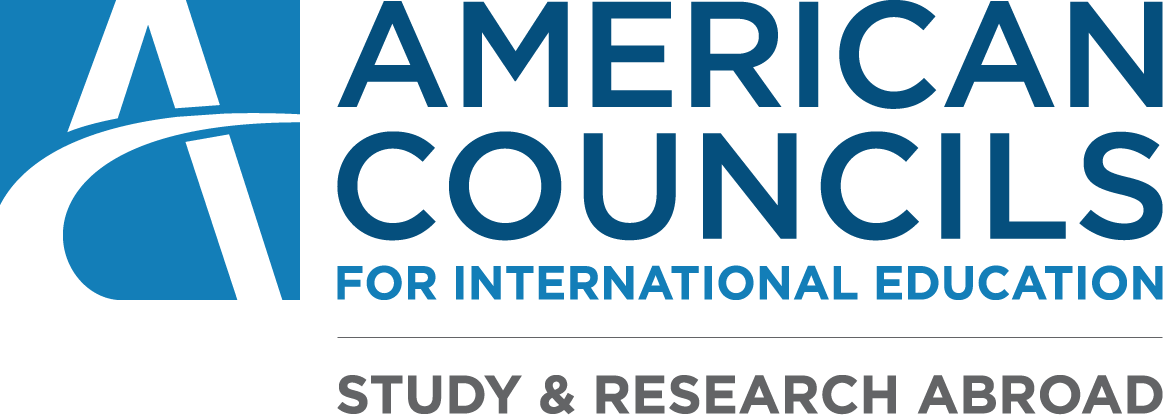Dan Davidson Fellowship Essay: Emili Yiu
This story was originally shared on February 11, 2020.
This past summer I had the honor of receiving the Dan E. Davidson Fellowship, which allowed me to further my Chinese studies at National Cheng Kung University in Tainan, Taiwan. Throughout my time in the program, I found myself gravitating to the locals in Tainan and wanting to learn more about Taiwanese culture. After classes and studying, I often wandered the streets of Tainan to talk to shopkeepers and the elderly who lived near the dorms. I would ask them a lot about their everyday lives and their Taiwanese identity. As someone who grew up in a community in America where there were very few Asians, I was very curious as to how the people of Taiwan identified themselves. We discussed the history of Taiwan (Dutch occupation, Japanese occupation, etc.), how it affected the Taiwanese identity, and many people told me of how their family members came over to Taiwan in 1949. I did not realize how their views and lifestyles varied from those in mainland China, but it became apparent after having in-depth conversations. I believe it is important to know the different opinions, views, and life experiences of others in order to try and have a deeper understanding of the culture and history of a people.
Many of the elderly people I talked to after classes spoke Taiyu, which is very similar to the dialect (Xiamen Hokkien) that my family speaks at home. One shopkeeper, who I affectionately called “Ahyi”, would ask me about my own family background and how I knew how to speak some Taiyu. I told her that Taiyu is a little different than Xiamen Hokkien, with differences in slang and certain phrases, and that my family is from Xiamen, Fujian Province and eventually moved to Taiwan for a few years. She was very surprised that as an American I was able to speak a dialect, as well as learning how to speak Mandarin Chinese. I told her that I felt somewhat ashamed for not knowing Mandarin as well as Hokkien, but she reassured me that just because I do not speak the language, it does not make me any less Chinese. I believe this exchange with Ahyi deepened my appreciation of my Chinese background and allowed me to further explore my identity of being Asian American, particularly Chinese American.
Receiving the fellowship allowed me to make meaningful connections with others, become more aware of certain issues abroad (such as feminism, healthcare, etc.), and to further my passion for learning a foreign language. After returning to America, I decided to continue my studies in Chinese at my university and promote TISLP among my classmates and the Chinese department. Being part of the program allowed me to not only increase my Chinese level, but to also create long-lasting relationships with others who have a shared passion of learning different languages and culture. I not only met my personal goals of improving in Chinese, but I also met my goal of having a better understanding and appreciation of Taiwanese culture.
After returning to the United States, I have decided to pursue a career in intelligence analysis. I plan to utilize my degree in East Asian Studies with a focus on China and Chinese and the Chinese I have learned on this trip to help others understand the historical and cultural context of China’s foreign policy. I also want to help people have a deeper understanding and appreciation for Chinese and Taiwanese culture, and I hope my experience of being Chinese American can help facilitate that. I have also applied for a Fulbright scholarship to go to Taiwan and teach English. If I receive the scholarship, I hope to become an ambassador of American culture and bridge the cultural gap between America and Taiwan. I have also been helping middle school students in my community to continue their Chinese studies. My school was awarded the Teachers of Critical Languages Program two years in a row to bring a Chinese teacher for a year to teach the district to teach Chinese language and culture. After last year the district could not bring another teacher, so they are utilizing an online Chinese program. Every Friday I hold “office hours” on Skype where I help students with grammar, pronunciation, writing, and listening. Through the fellowship, I was able to improve my Chinese and help others to do the same once I returned to the United States. I was also taught to be patient while studying abroad in Taiwan. It takes time for one to learn a language and the local community was more than accommodating of me and my classmates as we worked to all improve our language skills.
Studying abroad in Taiwan was overall a wonderful experience. I was able to improve my Chinese skills, create meaningful relationships with my classmates and Tainan locals, and have a deeper understanding and appreciation of different languages and cultures.
By: Emili Yiu
Program: Taiwan Intensive Summer Language Program
Term: Summer 2019
The Dan E. Davidson Fellowship supports highly qualified and deserving individuals who would otherwise not have the opportunity to build the skills that allow them to operate, negotiate, and establish ties in countries critical to U.S. economic, political, and social interests through language study and area studies coursework. Click here to learn more about Dr. Davidson and the Fellowship.



